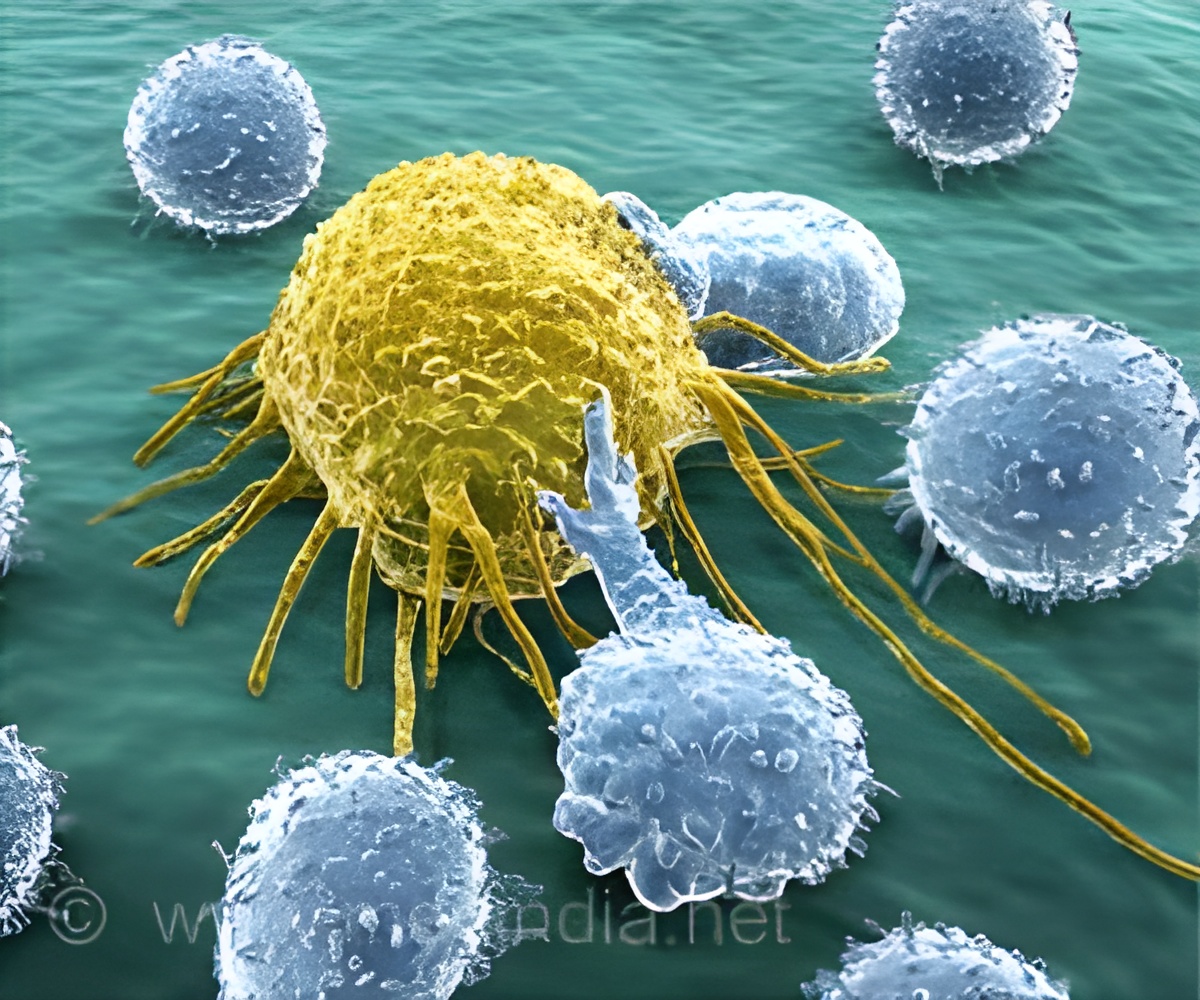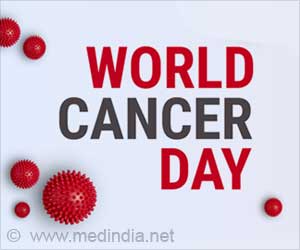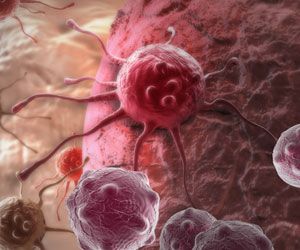Cancer cure rates have surged with recent advancements in therapies like chemotherapy, immunotherapy, and targeted treatments—many unavailable just 5 or 10 years ago.

‘Cancer cure rates have notably risen with advancements in chemotherapy, immunotherapy, targeted therapy, and hormonal treatments—many unavailable 5 or 10 years ago. #worldcancerday #cancer #cancerinIndia’





"To win over cancer in India first step is educating people to get screened for cancer (1✔ ✔Trusted SourceIndian Cancer Society: Spreading awareness about cancer
Go to source) before they have any symptoms, which helps to find cancer early. If found early in stages I or II, most cancers are curable in more than 80 percent of patients," Ashish Gupta, Chief Oncologist, Unique Hospital Cancer Center, Delhi, told IANS.
Striving for Cancer-Free India
"By the time symptoms develop many cancers are in Stage three or four, when cure rates falls down to less than 25 percent. Population-based initiative should be adopted for prevention, control and screening for three common cancers -- oral, breast and cervical cancer which are most commonly found cancers in India," added Gupta, who is heading Cancer Mukt Bharat Campaign in the country.The campaign on cancer awareness aims to reach 1 million people across India. According to Rahul Bhargava, Principal Director of Hematology and Bone Marrow Transplant, Fortis Memorial Research Institute, multi-cancer early detection (MCED) tests -- a type of liquid biopsy -- can help catch early-stage cancer cells long before symptoms appear."By utilizing machine-learning algorithms, these tests identify the likely origin of tumors based on DNA and protein profiles. MCED tests hold immense promise for revolutionizing cancer detection," Bhargava told IANS. Detecting disease earlier also reduces the need for costly advance-stage treatments, benefiting health care systems and patients alike."Most cancers become deadly by keeping a low profile, causing no symptoms until they’re too advanced to treat. Ovarian and gastroesophageal cancers are among the most notorious for this sly disease progression, often leading to late-stage diagnoses," Vineet Nakra, Radiation Oncologist at Max Super Speciality Hospital New Delhi, told IANS.
The experts further noted that after the diagnosis of cancer, right treatment plan starting on day one is most important. Modern medicines have helped improve the clinical outcomes in a big way.
Reference:
- Indian Cancer Society: Spreading awareness about cancer - (https://www.indiancancersociety.org/)














